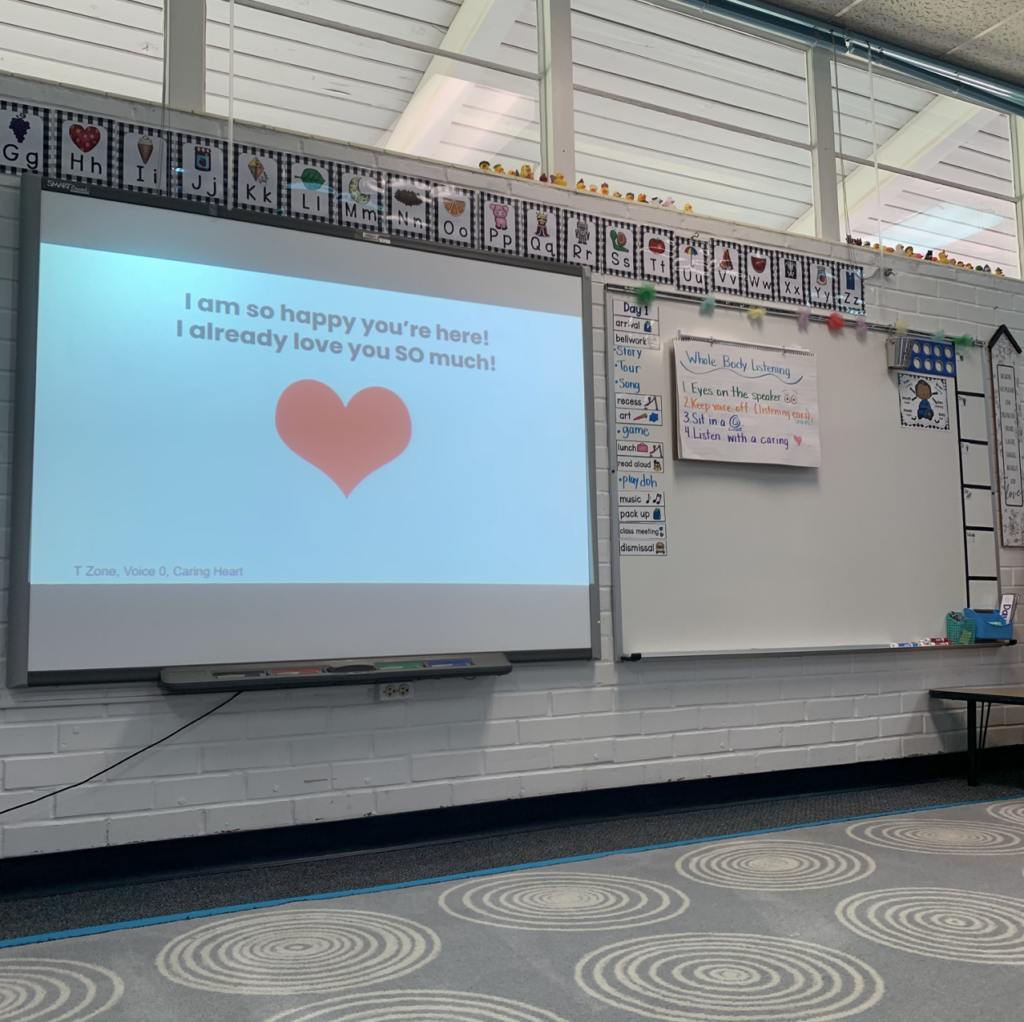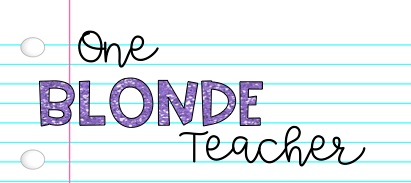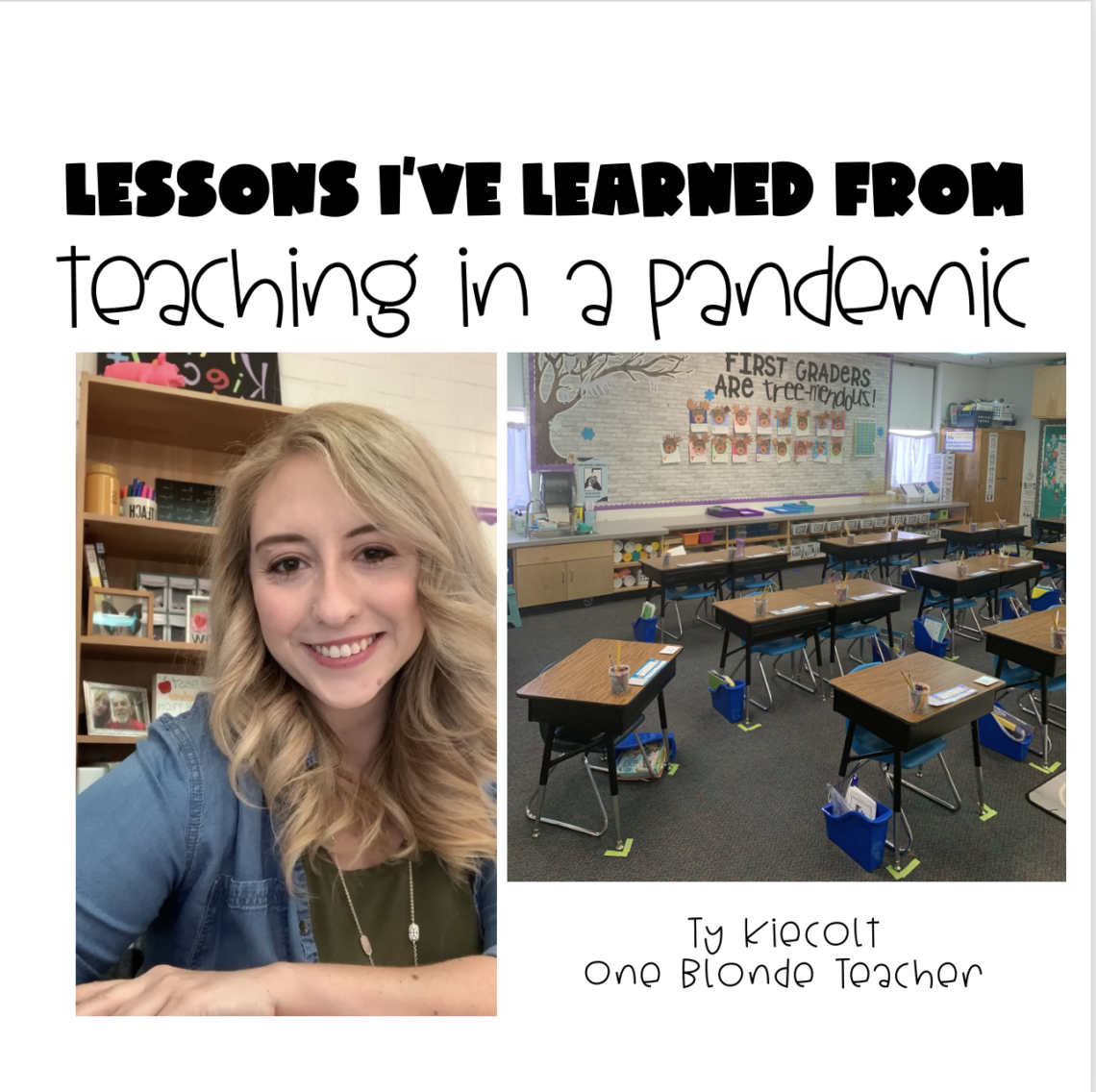I made this blog a few years (!) back in hopes that I could record what I’m learning in the classroom- so that I can reflect as the years go on and so that maybe I can share my mistakes and wins with others. But, like most people who are in the classroom, the last two-ish years I haven’t had the energy to type up my thoughts, to create anything that didn’t immediately go to the benefit of my students. Teaching in a pandemic is exhausting at a totally different level. You can only hear administration say “keep being creative,” “keep being flexible,” and “remember to practice self care,” so many times. At some point back in like, September of 2020, we were all at our limits of creativity, flexibility, and energy. Somehow many of us are still here fighting the good fight though.
Anyways, I thought I’d take a minute and share what I’ve learned from teaching in a pandemic. For my non educator friends, maybe this will give you a glimpse into what the media doesn’t cover. For my friends in education, maybe this will make you feel seen and heard. For me, it just feels good to finally process so much of what’s been going on in my head. So here it is: the lessons I’ve learned from teaching in a pandemic.
Lesson 1: Somehow, we stopped letting kids be kids.
I think most of us at some point since March of 2020 have had to grapple with just how human we really are. We thrive on connections, we were created for community, and that became super clear to many of us. We also all need time to play, to be creative, and not take ourselves too seriously.
In teaching, the pandemic opened my eyes to just how young our students really are. The simple joys they found coming back to school and seeing other kids, getting to play a game of tag, getting to share a story- that was amazing to see. It also became very clear that being apart for so long had a lot of social implications. Kids needed help navigating social situations again (I mean, hi, I’m an adult and it was weird for me at first, too). They wanted to play, they missed their moms and dads, and they were and still are flat out exhausted by the amount of work we’re asking of them. I’m not saying kids aren’t capable of doing hard, rigorous work. They totally are. They’ve done it before. But my question after teaching in a pandemic is…why? Why do we expect 6 year olds to fill out graphic organizers on author’s purpose when they innately just desire to enjoy a story and talk about it with friends? Why do we push ten year olds to write multi paragraph essays when they struggle to develop their thoughts conversationally? Teachers have long struggled with the questions of “are these standards developmentally appropriate?” “Is the time frame we’re given for our daily schedule developmentally appropriate?” Teaching in a pandemic has taught me that the answer is more than likely a resounding NO.
Somewhere in history we took away the child’s right to play, explore, create, and share and replaced it with textbooks and essays. I’m not saying these things have no place in our education system. They do. But they shouldn’t be our sole focus. I’d much rather my students use new vocabulary as they play in a center that contributes to their understanding of what they’re learning rather than coach them through filling out a graphic organizer on what the words mean in hopes that it’ll stick. I’d rather my students write a thoughtful sentence with proper conventions than try to bust out a paragraph based wholly in sentence starters. Maybe that’s just me, but I really think the people in power need to reevaluate what is appropriate for students and their overall well being. We have our whole lives to use a graphic organizer. Maybe we don’t need to fill them out daily in hopes of covering a standard. Kids are humans, not products or test scores. Just as we thrive on chances to be creative, to explore, to play, to build relationships…guess what? Those are the same instances where kids thrive and learn, too. Let’s honor that. What would our world look like if we encouraged more of that, and less workbook completion?
Lesson 2: What we think are best practices actually might not be best practices. The practices that are worth keeping are often the ones we “don’t have time for.”
Teaching in a pandemic, we had to be flexible and creative, and so we had certain freedoms handed to us to try new things in our classrooms. For me, a huge win was departing from the concept of guided reading groups, or pulling small groups to read a book together. Maybe I’d feel differently about this if I taught older grades, but in primary I’ve realized there is so much goodness in being able to instead pull one to three kids at a time and work on skills as opposed to just a book. Instead of working our way through a text and trying to meet my kids’ needs, I can pull them to practice those missing letter sounds, phonics skills, etc. Of course, the goal is to apply those skills to a book, so we absolutely do that. But sometimes you need to work with a kid on certain letters, certain sight words, certain phonemic awareness or phonics skills that will help them as a reader and writer overall, and it is easier to pull them individually and work on what they specifically need as opposed to grouping them with kids who may need those same things or may not. I’m not saying guided reading is all bad, absolutely not. But I’m saying, maybe it isn’t the gold standard. I mean, we’ve been doing it for years, and largely we haven’t seen a huge shift in the progress our students are making. The kids who are behind, while they improve, are still largely behind. Maybe this is our chance to try something new, and develop new best practices. This is only one example of many, but I feel like it shows how the freedoms we got in our classrooms during the pandemic might open our eyes to the changes we should be critically considering.
I’ve also realized in the experiment that is “being flexible” that having a morning meeting will continue to be my hill to die on. I don’t care if it takes five minutes from another subject area, it is essential. For those who don’t know, a morning meeting is a simple social practice of greeting your classmates, sharing, and occasionally doing a group activity. It can look a lot of different ways but in my classroom, we simply greet each other by name, students get a chance to share how they’re feeling and why, and then we discuss the day ahead. Morning meeting lets my students develop their thoughts, share them, practice listening to others, develops empathy as we relate to each other, and allows us to create those meaningful relationships that we all learned in lockdown are so crucial to our health and well being. So, ten/fifteen minutes a day seems like a small sacrifice from curriculum time to help nurture meaningful life skills in my students and help them feel like they have a place they belong. I owe it to them and the people they’ll become to set aside those minutes. These are the kinds of practices we need to make the gold standard in our classrooms, especially since the pandemic has reminded us how critical relationships are.
Lesson 3: The people you work with and the community you serve in make all the difference.
I knew I was blessed with my coworkers, but teaching in a pandemic you see that in so many different ways. In the exhaustion of changing schedules and class lists repeatedly, navigating new expectations from the district, and then actually trying to teach kids, my teammates and I had to lean heavily on each other. It wasn’t just my grade level partners either, it was every teacher on campus. We were sharing ideas, helping each other reach out to families, and just helping each other get through the day. When someone was sick, we were there to write the sub plans and cover each other’s classes. When their family members were hospitalized, we rose up to care for our friends and stand in that gap for them. Even now, when we largely act like the pandemic is at a standstill, we’re seeing the effects of it on our students and need each other to help best care for them. My school has always had the feeling that every student is every staff member’s responsibility. I think that is a huge blessing, and this experience of teaching in a pandemic has solidified that for me.
In the same way, I developed a new love for the community we serve, too. Teaching in a pandemic not only shows you how wonderful your students are, but who their families are, too. It is SO easy to have a narrative you believe about the community you serve. But in Zooming, the constant phone calls and messages home, and even visiting families to deliver food or school supplies, we learned more about our students’ families than ever before. These families needed our support just as their kids did, and the relationships we made gave me a whole new love for where I work and why I show up, day after day, even when I’m at the end of my rope. I know that’s true for my colleagues as well. I’m now more convinced than ever that my preservice days at the beginning of the school year should always be filled with phone calls home to build those relationships from the start. My team and I are looking for new ways to include families in their students’ learning and to help them support their kids at home. Your community is critical, colleagues are gifts from God, and relationships with them have to come first.
In Conclusion…
Those are my three main takeaways from teaching in a pandemic (so far). Let’s give each other grace, let kids be kids, and not be afraid to stray from the path we’ve always taken. Love your people well, whoever they are, and put relationships first, because time spent loving others is never time wasted. If you’re a teacher, I’d love to hear your thoughts, too. If you’re not in education, have you seen any of this in the children in your life? I really and truly hope that we use what the pandemic years are teaching us to change our systems for the better.
If you’re interested in past lessons I’ve learned in regards to our students’ social emotional health, click here. As always, check out my TPT store for tried and true SEL resources as well!


